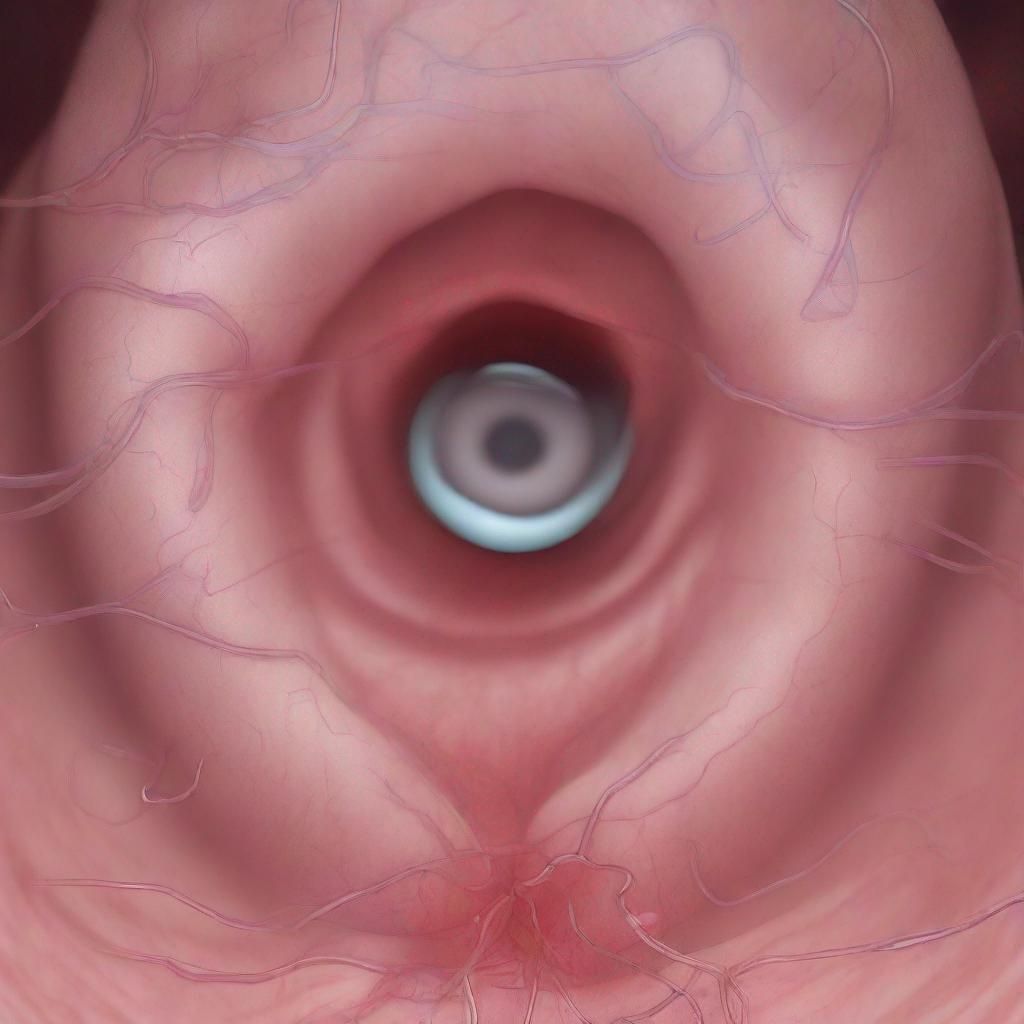## Neuropsychological Tests: Assessing Brain Function and Cognitive Health
**Introduction:**
Neuropsychological tests are medical assessments that evaluate an individual’s brain function and cognitive abilities. These tests provide valuable insights into how the brain is functioning and can assist in diagnosing a wide range of conditions that affect cognitive health.
**Procedure:**
Neuropsychological tests are typically performed by a neuropsychologist, a doctor who specializes in the assessment and treatment of brain-related disorders. The test procedure involves a comprehensive evaluation of the individual’s cognitive skills, including:
* **Cognitive assessment:** Tests verbal abilities, problem-solving skills, and reasoning.
* **Memory testing:** Assesses short-term and long-term memory capabilities.
* **Attention testing:** Evaluates the ability to focus, maintain concentration, and filter out distractions.
* **Language testing:** Examines language comprehension, expression, and production abilities.
* **Executive function testing:** Assesses higher-level cognitive functions such as planning, organization, and decision-making.
* **Psychological testing:** May be included to evaluate mood, personality, and behavioral characteristics.
**Diagnosis:**
Neuropsychological tests can help diagnose a variety of conditions that affect cognitive function, including:
* Alzheimer’s disease
* Dementia
* Parkinson’s disease
* Huntington’s disease
* Multiple sclerosis
* Traumatic brain injury
* Stroke
* Epilepsy
* Attention deficit hyperactivity disorder (ADHD)
* Autism spectrum disorder (ASD)
* Intellectual disability
* Learning disorder
**Importance:**
Neuropsychological tests are an important diagnostic tool for several reasons:
* **Objectively measure cognitive skills:** They provide an unbiased and quantitative assessment of the individual’s **cognitive function**.
* **Identify cognitive deficits:** These tests can detect **cognitive decline** even before symptoms appear.
* **Guide treatment:** Results help in determining appropriate interventions and monitoring treatment progress.
* **Assess functional impact:** Tests can determine how cognitive impairments affect daily activities and social functioning.
**Alternatives:**
In some cases, alternative tests or procedures may be used to assess cognitive function, such as:
* **Magnetic resonance imaging (MRI):** Can identify structural abnormalities or lesions in the brain.
* **Electroencephalography (EEG):** Measures electrical activity in the brain and can detect seizures or other abnormalities.
* **Neuroimaging with positron emission tomography (PET):** Visualizes brain activity patterns and can assess metabolic changes.
**Preparation:**
Prior to the test, it is recommended to:
* Get a good night’s sleep.
* Avoid alcohol and excessive caffeine intake.
* Bring any relevant medical records or previous test results.
**Duration:**
Neuropsychological tests can take several hours to complete. Results are typically available within a few weeks of the assessment.
**Recommendations:**
Following a neuropsychological test, your doctor may recommend additional tests or treatments based on the results. Some recommended follow-up tests include:
* **Functional neuroimaging (fMRI):** Measures brain activity in response to tasks.
* **Genetic testing:** Identifies genetic mutations associated with cognitive disorders.
* **Cognitive rehabilitation:** Therapy to improve cognitive abilities and enhance daily functioning.




